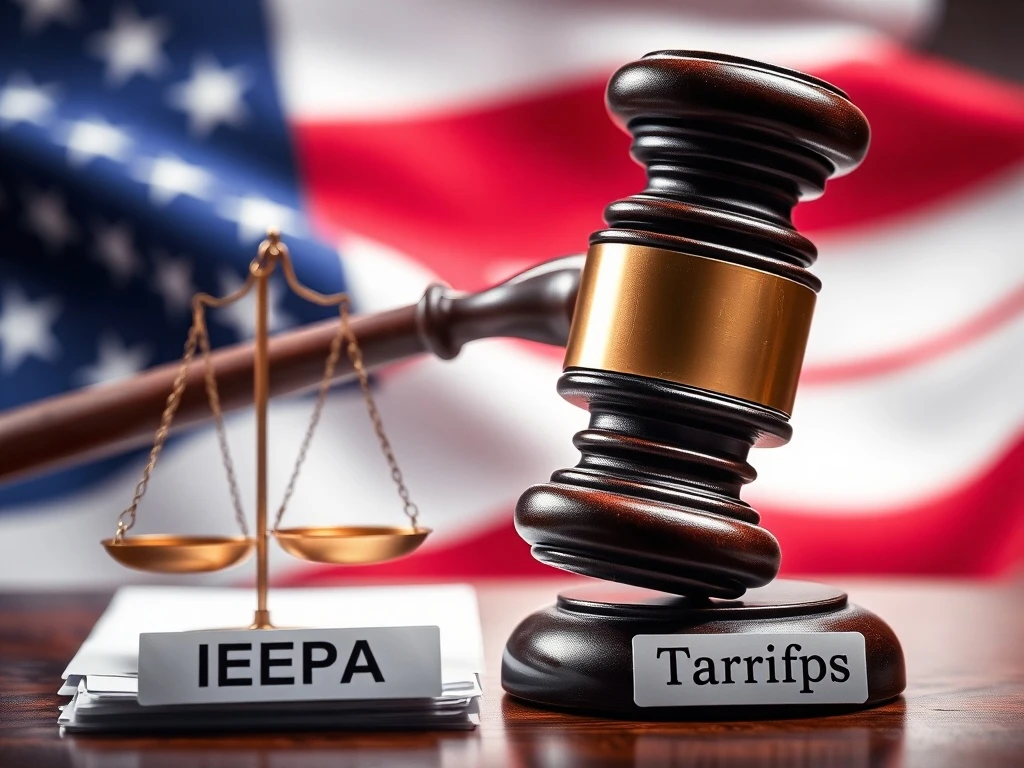A landmark federal court decision has dramatically curtailed presidential power, creating immediate uncertainty for global trade markets and setting up a constitutional showdown that could redefine executive authority for generations.
Court Challenges Presidential Executive Authority
The U.S. Court of Appeals delivered a stunning blow to presidential power. Consequently, the 7-4 ruling determined that Donald Trump’s global tariffs exceeded his statutory authority. Specifically, the court rejected his use of the International Emergency Economic Powers Act (IEEPA) for imposing reciprocal tariffs. This decision immediately creates legal uncertainty for businesses engaged in international trade. Moreover, it establishes a mid-October deadline for potential enforcement suspension.
Legal Basis for Limiting Executive Authority
The court’s analysis focused sharply on constitutional separation of powers. Importantly, judges emphasized that tariff imposition constitutes taxation authority. Constitutionally, taxation powers reside exclusively with Congress. The IEEPA legislation contains no provisions granting tariff-imposing capabilities. Furthermore, the law lacks procedural safeguards for such economic measures. This legal interpretation significantly narrows presidential emergency powers.
Immediate Economic Impact of Executive Authority Decision
Business leaders face substantial uncertainty following this ruling. Companies relying on imported materials confront potential cost fluctuations. Trade partners may delay agreements pending Supreme Court resolution. Economists warn about dampened economic activity during this period. Dr. Linda Yueh notes international partners will await final resolution. Consequently, corporate planning becomes exceptionally challenging.
Political Implications for Executive Authority
Trump immediately vowed to appeal to the Supreme Court. His response characterized the decision as disastrous for economic sovereignty. The conservative-leaning Supreme Court could reshape this legal interpretation. This case may determine future presidential emergency powers applications. Additionally, it could influence ongoing trade negotiations significantly.
Historical Context of Executive Authority Challenges
This ruling continues recent judicial trends limiting executive power. The Biden administration previously faced similar constitutional challenges. Courts increasingly apply the “major questions doctrine” to executive actions. This doctrine invalidates policies extending laws into unauthorized areas. Therefore, this decision aligns with broader judicial patterns.
Potential Supreme Court Scenarios
Legal experts outline several possible outcomes:
• Complete affirmation would dramatically curtail presidential trade powers
• Partial reversal might allow limited emergency tariffs
• Complete reversal would significantly expand executive authority
Each scenario carries distinct implications for future administrations.
Long-Term Business Implications
Companies must prepare for multiple regulatory scenarios. Supply chain diversification becomes increasingly critical. Trade-dependent businesses should develop contingency plans. Legal clarity might remain elusive for several months. Consequently, strategic flexibility offers the best protection.
FAQs
What is the International Emergency Economic Powers Act (IEEPA)?
IEEPA is a 1977 law granting presidents authority to address national emergencies threatening economic security.
When will the Supreme Court likely rule on this case?
Legal experts anticipate a ruling within 6-9 months if the Court accepts the case.
Do current tariffs remain in effect during appeals?
Yes, tariffs remain enforceable until mid-October unless the Supreme Court issues a stay.
How might this affect other presidential emergency powers?
This ruling could influence judicial interpretation of other emergency powers beyond trade matters.
What should import-dependent businesses do immediately?
Companies should consult legal counsel and develop contingency plans for various regulatory outcomes.
Could this decision affect future trade negotiations?
Yes, trading partners may hesitate committing to agreements until constitutional questions resolve.








